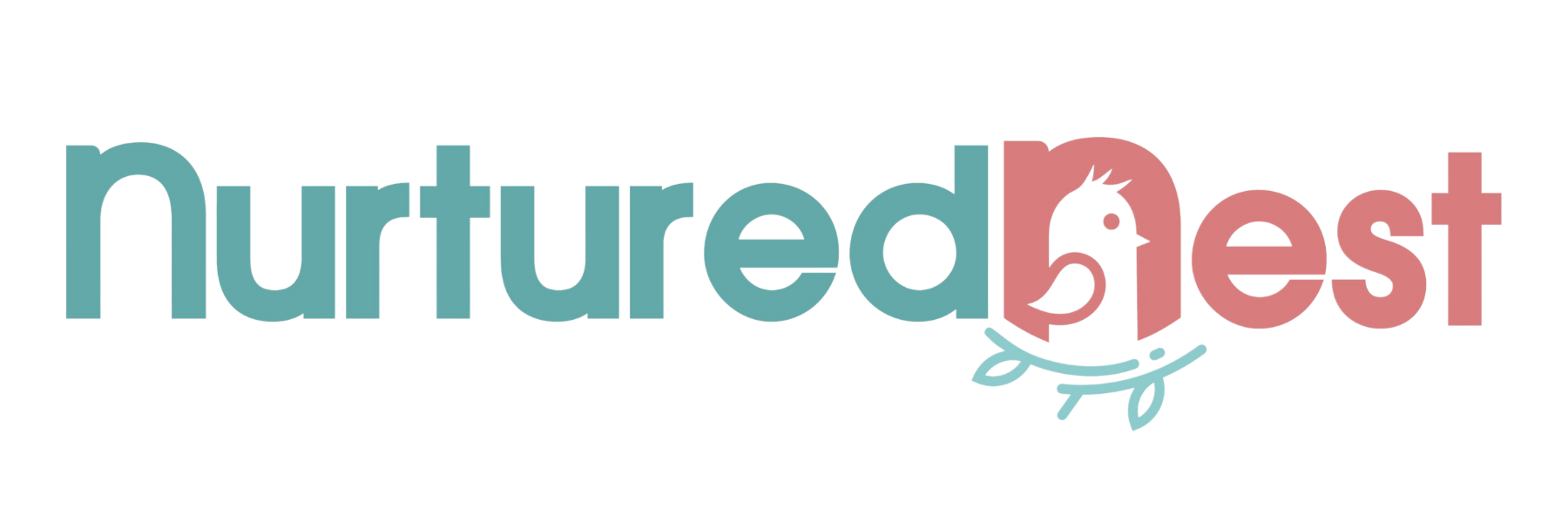
Can Babies Have Honey? What Parents Should Know Before 12 Months
Can Babies Have Honey? (Under 12 Months: No)
TL;DR: Babies under 12 months should not have honey due to the risk of infant botulism. This includes raw honey, baked goods with honey, and honey-sweetened cereals like graham crackers or Honey Nut Cheerios.

Why Can’t Babies Under 12 Months Have Honey?
Honey may seem harmless—it’s natural and even beneficial for adults. But for babies under one year, it poses a serious health risk.
Honey can contain spores of Clostridium botulinum, a bacterium that may lead to infant botulism. While older children and adults can digest these spores without issue, a baby’s immature gut can’t handle them yet.
Even small amounts—like what’s baked into graham crackers or mixed into a smoothie—can be dangerous for infants under 12 months.
What Is Infant Botulism?
Infant botulism is a rare but severe illness that occurs when botulinum spores grow and produce toxins in a baby’s intestines. These toxins can affect the nervous system and cause:
- Constipation
- Muscle weakness or floppy limbs
- Difficulty feeding
- Poor head control
- Lethargy or excessive sleepiness
- Breathing problems (in severe cases)
It’s rare—but serious enough that even trace amounts of honey should be avoided in your baby’s first year.
Hidden Sources of Honey to Avoid
Some products may contain honey even if it’s not obvious. Check labels carefully, and avoid:
- Honey graham crackers
- Honey Nut Cheerios
- Yogurt with honey
- Baked goods or teething biscuits
- Smoothies or sauces sweetened with honey
When in doubt, skip it. Baby’s First Year walks you through label reading and safe first foods with confidence.
When Can Babies Have Honey?
The CDC, pediatricians, and child nutrition experts all recommend introducing honey after your baby’s first birthday. By then, their gut and immune system are better able to handle potential contaminants.
Better Sweet Options for Babies
Need a little natural sweetness? Try these baby-safe alternatives:
- Mashed banana
- Applesauce or pear purée
- Stewed or blended peaches
- Breastmilk or formula in cereals
- Very small amounts of pasteurized date syrup (only if advised by your provider)
Avoid maple syrup or agave nectar before 12 months—they’re not known to cause botulism but offer little nutritional benefit and may promote early sugar preference.
Key Takeaways
- Do not give honey to babies under 12 months—this includes raw, cooked, or baked forms.
- Infant botulism is rare but serious, caused by bacteria that babies can't safely digest.
- Check labels for hidden honey in cereals, snacks, crackers, yogurt, and sauces.
- Wait until after 12 months to introduce honey safely.
- Use safe alternatives like mashed bananas, applesauce, or breastmilk to sweeten baby foods.
- Need help with feeding? The Baby’s First Year course includes expert videos, timelines, and real-world advice.
Frequently Asked Questions
Can a 10-month-old have honey?
When can I introduce honey to my baby?
Are honey graham crackers safe for babies?
What is infant botulism?
What can I use to sweeten baby food instead of honey?
Bonus Resource
Want to read more from a medical organization? Nemours Children’s Health offers helpful insights on honey and infant botulism.

